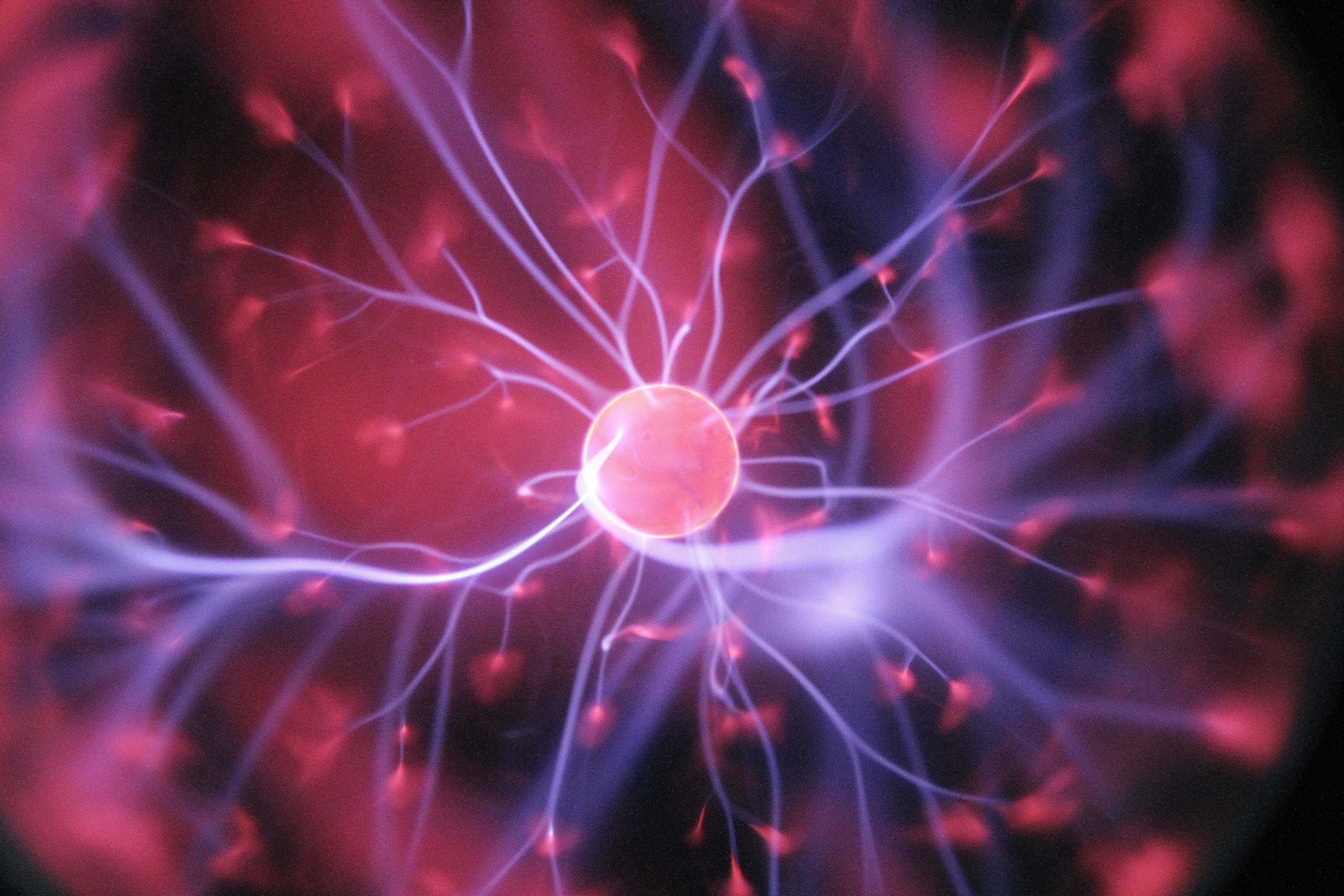The body’s reward system is a vital network within the brain that drives motivation, learning, and habit formation by reinforcing behaviors with pleasurable sensations. While this system plays a fundamental role in everyday life, its dysregulation can contribute to various challenges, including addiction and mental health disorders. Here’s a closer look at how it works, its components, and its impact on health.
Key Components of the Reward System
Brain Regions Involved
The reward system relies on several interconnected brain areas:
- Ventral Tegmental Area (VTA): Located in the midbrain, the VTA is a major source of dopamine, the neurotransmitter essential to feelings of pleasure and reward. It sends dopamine signals to other brain areas.
- Nucleus Accumbens (NAc): Known as the brain’s "pleasure center," the NAc processes dopamine to generate pleasure and reinforce rewarding behaviors.
- Prefrontal Cortex (PFC): This region governs decision-making, impulse control, and goal-directed behavior, working alongside the reward system to plan actions that lead to future rewards.
- Amygdala: Responsible for processing emotions, the amygdala associates rewards or punishments with specific stimuli, such as a smell or sound.
- Hippocampus: The hippocampus helps form memories linked to rewarding experiences, reinforcing the connection between cues and rewards.
Neurotransmitters Involved
- Dopamine: Central to the reward system, dopamine release creates feelings of pleasure and motivates the repetition of rewarding behaviors.
- Serotonin:This neurotransmitter influences mood and interacts with the reward system to promote feelings of well-being.
- Endorphins: Known as the body’s natural painkillers, endorphins also produce feelings of euphoria.
- GABA (Gamma-Aminobutyric Acid): This inhibitory neurotransmitter helps regulate the reward system’s activity to maintain balance.
How the Reward System Works
Reward Prediction
When you anticipate a rewarding activity—such as eating a favorite food, socializing, or engaging in enjoyable hobbies—the VTA releases dopamine, signaling the reward system to prepare for a pleasurable experience.
Reward Processing
Dopamine reaches the NAc, which processes this signal, producing a sensation of pleasure and reinforcing the behavior. The pleasurable response increases the likelihood of repeating the action.
Learning and Memory
The hippocampus and amygdala store memories of the rewarding experience, connecting specific cues (like the smell of cookies or the sound of laughter) to the feeling of pleasure. This association strengthens over time, influencing future behavior.
Behavior Regulation
The PFC integrates inputs from the reward system to guide decisions, helping regulate impulses and plan actions to achieve long-term goals and rewards.
What Happens When the Reward System Becomes Dysregulated?
The reward system is delicate, and disruptions can lead to serious health concerns, including:
Addiction
- Substances such as drugs or alcohol can hijack the reward system, causing an excessive release of dopamine. This overstimulation reinforces substance use, creating a cycle of dependence.
- Over time, natural rewards like food or social interactions lose their appeal, and higher doses of substances are required to achieve the same pleasurable effect.
Mental Health Disorders
- Dysregulation in the reward system is linked to conditions like depression, anxiety, and schizophrenia.
- These disorders may reduce motivation and impair the ability to experience pleasure (anhedonia), complicating daily life and decision-making.
Treatment and Management
Behavioral Therapies: Cognitive-Behavioral Therapy (CBT) helps identify and modify negative thought patterns and behaviors tied to reward system dysregulation.
Medications: Medications, including antidepressants, antipsychotics, and treatments for substance use disorders, can help restore balance to the reward system.
Lifestyle Modifications: Regular exercise, proper rest, a balanced diet and stress management stimulates dopamine and endorphin release, promoting feelings of reward and well-being.
Conclusion
The body’s reward system is essential for motivating behavior, learning, and forming habits. While its proper functioning supports emotional and physical well-being, disruptions can lead to addiction or mental health challenges. Understanding how the reward system works empowers individuals to make choices that nurture this intricate system, fostering long-term health and happiness.


